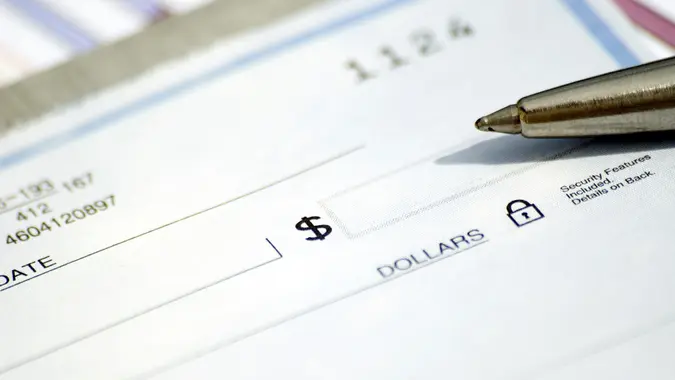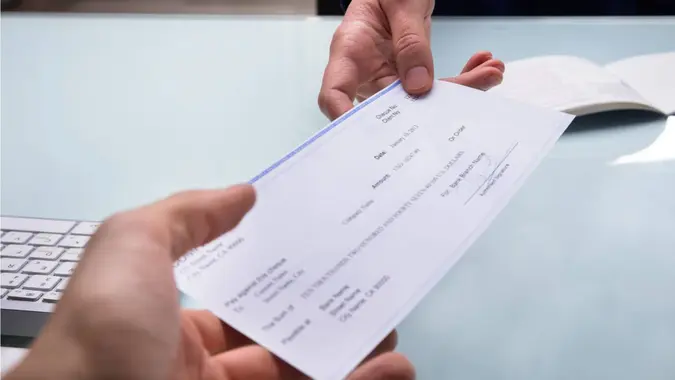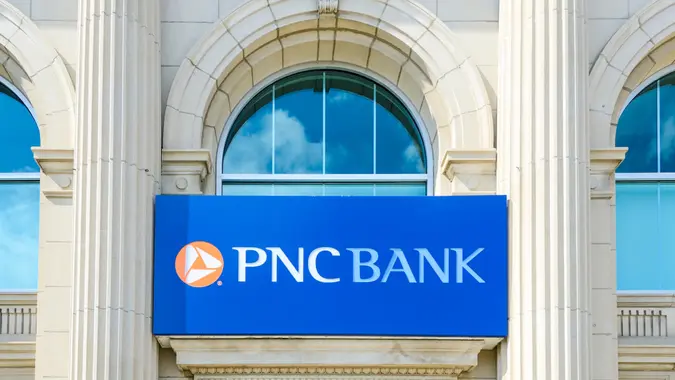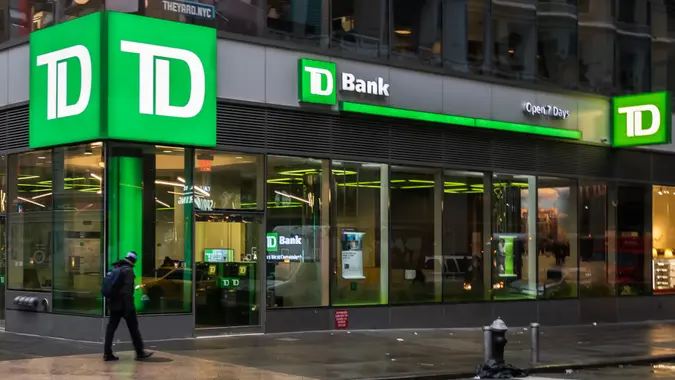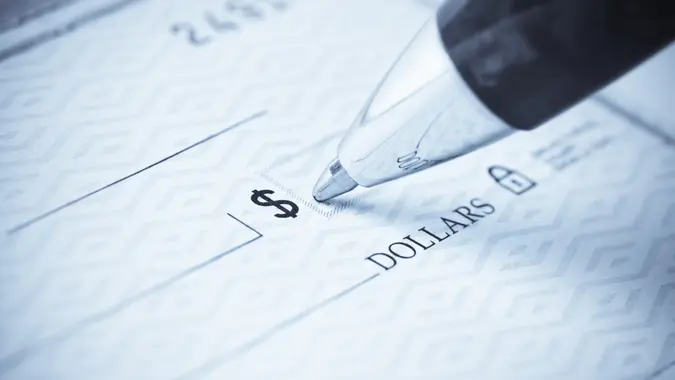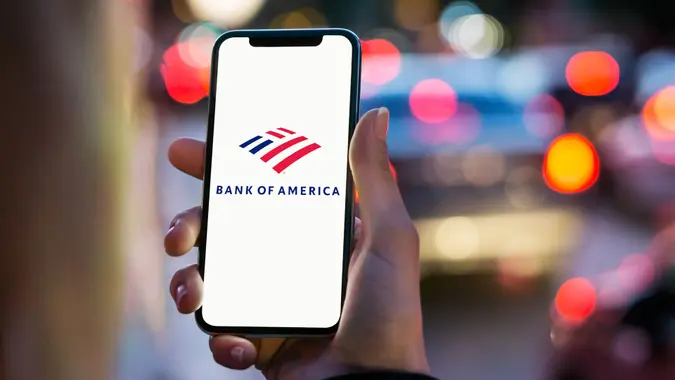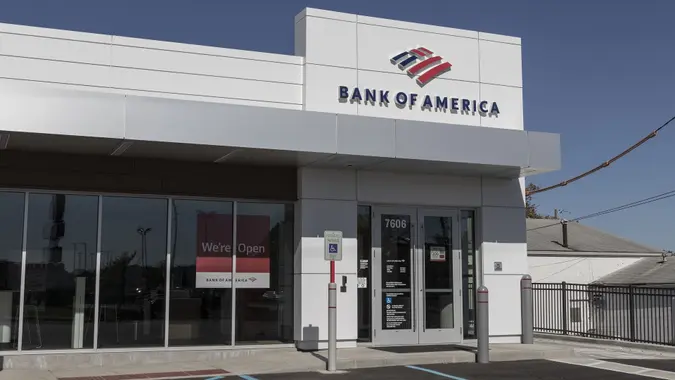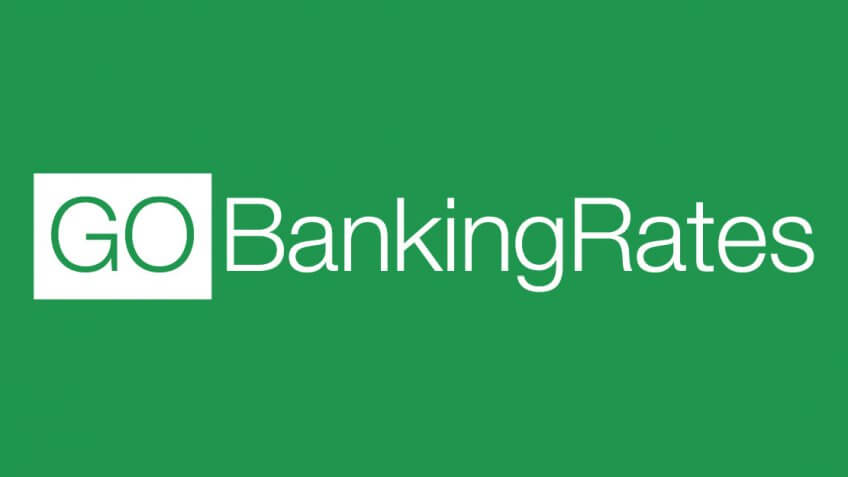How Long Does It Take for a Check to Clear?

Commitment to Our Readers
GOBankingRates' editorial team is committed to bringing you unbiased reviews and information. We use data-driven methodologies to evaluate financial products and services - our reviews and ratings are not influenced by advertisers. You can read more about our editorial guidelines and our products and services review methodology.

20 Years
Helping You Live Richer

Reviewed
by Experts

Trusted by
Millions of Readers
Knowing when money will be credited to your checking or savings account is key for financial planning. While some factors may delay the process, most checks clear within one to two business days. However, timelines vary depending on your financial institution, the type of check and how it’s deposited.
Quick Take: How Long Does It Take for a Check to Clear?
- Most checks clear within 1-2 business days.
- Certified, cashier’s and government checks may clear faster.
- Federal law requires the first $225 to be available the next business day.
- Delays may occur due to account history, check size or deposit method.
What To Know About Check-Clearing Times
Typically, it takes one to two business days for a check to clear. However, the exact time can vary based on your bank’s policies, the type of check and how it’s deposited. Weekends and holidays can also delay processing.
Keep the following in mind:
- Review your bank’s deposit agreement for timelines and hold policies.
- ATM deposits made at non-bank machines may take up to five business days to clear.
- Banks may impose a cutoff time — when deposited funds will be credited to the account on the next business day.
- Mobile check deposits typically take one to two business days to deposit into your account.
- The bank’s policy on held funds should be printed on the deposit receipt. This indicates how long the bank can hold the personal check amount.
Certified Checks: Do They Clear Immediately?
A certified check is seen as more secure and often clears faster than standard checks — but not always immediately. Here are some key points to know:
- Most certified checks will clear within one business day.
- Large amounts may still be held for verification.
- New accounts or negative account history can delay processing.
- Overdrawn accounts may also cause longer hold times.
Common Reasons a Check May Be Held
Banks are allowed to place exception holds on checks under certain circumstances:
- Weekends and holidays: Deposits made after hours or on holidays are usually processed the next business day.
- High-dollar deposits: Deposits over $5,525 may be held for up to five business days.
- Re-deposited checks: A bounced check deposited again may be subject to a longer hold.
- Suspicious check deposits: Banks may flag checks that look suspicious or are more than 6 months old.
- New accounts: Accounts open less than 30 days may face longer holds.
- Overdraft history: Accounts with repeated overdrafts in the past six months can trigger a delay.
- Doubtful checks: Banks may verify checks that appear risky or potentially uncollectible.
Sample Clearing Times by Check Type
Clearing times can vary depending on the type of check and how it’s deposited — here’s a quick breakdown of what to expect.
| Check Type | Estimated Time To Clear |
|---|---|
| Personal Check | 1-2 business days |
| Certified Check | 1 business day |
| Government Check | Same or next business day |
| Mobile Check Deposit | 1-2 business days |
| Non-Bank ATM Deposit | Up to 5 business days |
How To Speed Up the Check-Clearing Process
To speed up the check-clearing process, you can do the following:
- Deposit checks early in the day: Before your bank’s cut-off time.
- Use mobile deposit: Faster and more convenient than visiting a branch.
- Maintain a positive banking history: Fewer holds on your account and avoid overdrafts.
What Happens If a Check Bounces?
If a check bounces, it means the issuer’s bank couldn’t cover the amount due to insufficient funds. This can leave you without the money you expected and may result in fees from your bank.
To handle the situation, contact the issuer promptly to resolve the issue. Avoid repeated deposit attempts, as this can lead to additional fees.
Pro Tip
To protect yourself in the future, consider verifying funds before depositing large checks. You can also request a cashier’s check for higher-value transactions.
Conclusion
In most cases, checks clear within one to two business days. However, the specific timeline can vary based on your bank, the type of check and your account history.
If you still have questions about how long does it take for a check to clear or deposit, call your bank’s customer service line or head into a branch to discuss the matter.
FAQ
Here are the answers to some frequently asked questions about depositing checks and clearing times.- How long does it take for a check to truly clear?
- Most checks clear within 1–2 business days, but full availability can depend on your bank, the deposit method and the check type.
- Why does it take seven days for a check to clear?
- Banks may place an extended hold to verify funds, especially if the check is large, from a new account or if there's a history of overdrafts.
- What banks clear checks instantly?
- Some banks offer same-day or next business day availability for checks, like PNC and Capital One -- especially for smaller amounts or in-branch deposits.
John Csiszar, Elizabeth Constantineau and Thomas Streissguth contributed to the reporting for this article.
Our in-house research team and on-site financial experts work together to create content that’s accurate, impartial, and up to date. We fact-check every single statistic, quote and fact using trusted primary resources to make sure the information we provide is correct. You can learn more about GOBankingRates’ processes and standards in our editorial policy.
- HelpWithMyBank.gov. "I deposited a check. When will my funds be available?"
- FDIC. "Expedited Funds Availability Act."
- Federal Reserve Board. "A Guide to Regulation CC Compliance."
- HelpWithMyBank.gov. "I made a large deposit. When will the funds be available?"
- HelpWithMyBank.gov. "Are there exceptions to the funds availability (hold) schedule?"
- HelpWithMyBank.gov. "What is an exception hold on a redeposited check?"
- Checkeeper. 2022. "Prevent Your Checks from Being Rejected."
- Forbes. 2022. "Returned Check Fee: The Cost Of A Bounced Check."
 Written by
Written by  Edited by
Edited by 



